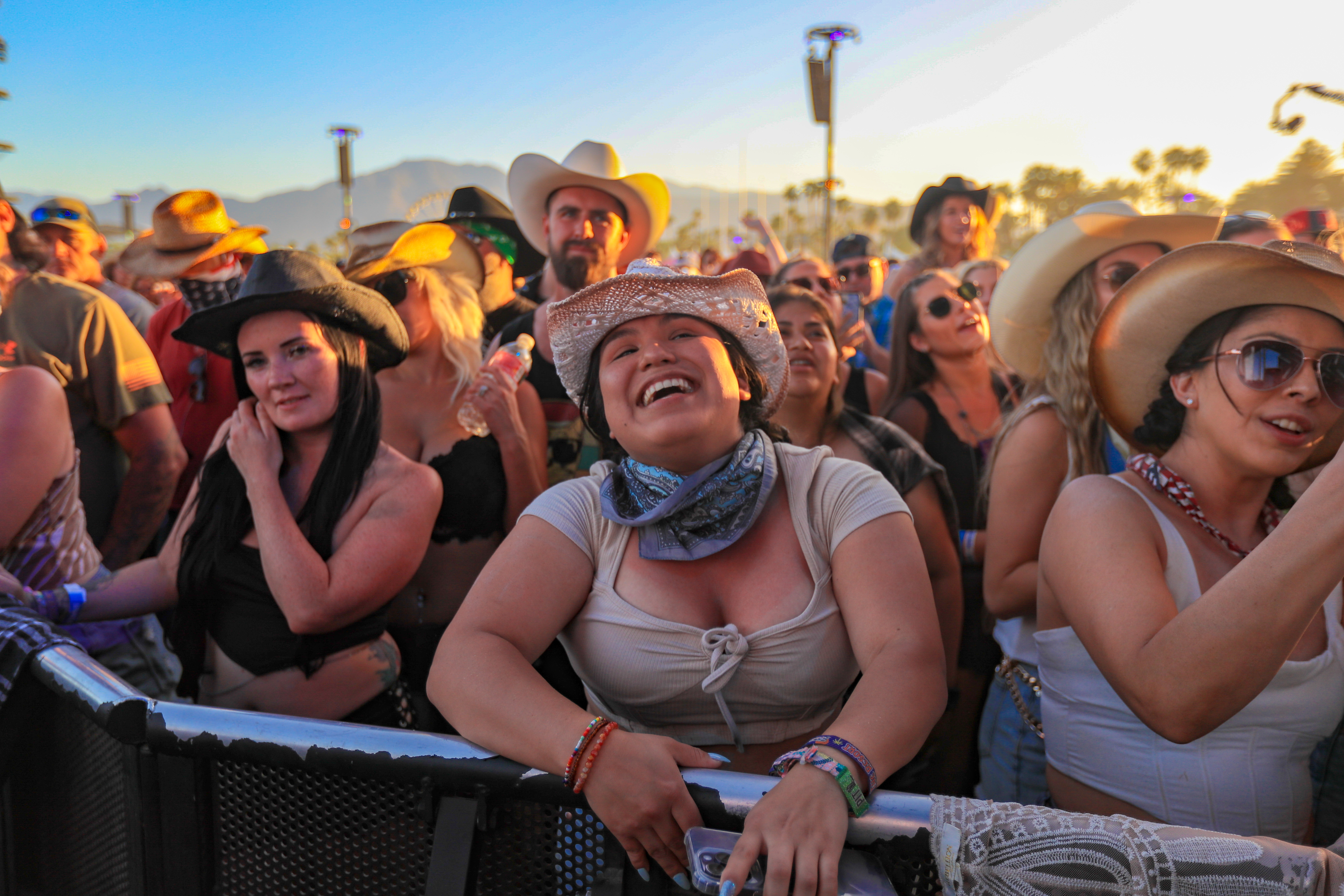At a Memorial Day commemoration to honor the veterans who have served America and been laid to rest, many in attendance could not help but worry about the future.
For Americans who served their country in the armed forces, burial in a national cemetery is a final honor, a nation's gesture of gratitude.
By law, veterans have earned it.
But the Los Angeles National Cemetery in Westwood is almost completely full, and applications for gravesite plots or niches for the ashes of cremation are still coming in.
“We virtually have no room left, but for second interments at existing gravesites,” said George Bacon, Cemetery Director, who took the position last year.
It's hardly a new situation.
By the mid-1970's, the cemetery's 80,000 gravesites were all either occupied or committed. Niches remained available for cremation ashes for another two decades in the cemetery's 1940's era columbarium. But by the mid-1990s, all of its roughly 5,500 niches had been spoken for.
Local
Get Los Angeles's latest local news on crime, entertainment, weather, schools, COVID, cost of living and more. Here's your go-to source for today's LA news.
Special arrangements have continued to be made for service members killed in action, and family members can share burial space. But Los Angeles cannot accommodate other veterans on their passing.
The alternative is burial in another national cemetery that still has space. The nearest is 75 miles away in Riverside.
It should not have to be that way, says one veteran whose efforts to get the Westwood cemetery more space were acknowledged at Monday's Memorial Day program.
"This is my home. This is where I want to be buried,” said retired U.S. Army Col. Dick Littlestone, who moved to the Westside of Los Angeles four decades ago.
For more than a decade, Littlestone, 89, has been pushing the Veterans Administration to provide nearby additional space for the National Cemetery Administration to build a newer and much larger columbarium, one with 100,000 niches that could effectively double the capacity of the cemetery.
After years of effort, a location was selected, and plans and funding were finally approved, but obstacles continue to hold back the project.
"Dick Littlestone has never given up, so I don't either," said Rep. Henry Waxman (D-Los Angeles) during his comments Monday at the cemetery. Waxman revealed that in recent weeks he has requested a progress report from Gen. Eric Shinseki, Secretary of Veterans Affairs.
Opened in the 19th century on land originally set aside as a retirement home for disabled or aging soldiers, the cemetery is hemmed in by Westwood on three sides, and by the 405 Freeway to the west.
But a site for the new columbarium has been identified just the other side of the freeway, and accessible to the cemetery by way of Constitution Avenue, which passes beneath the freeway.
Like the cemetery, the proposed columbarium site is on property under the control of the Veterans Administration, but a different branch, for healthcare.
An "intra-agency" property transfer would be relatively simple, but for one thing: decades ago, the VA began leasing off portions of its healthcare campus to commercial enterprises, and the columbarium site is under lease to an oil company.
Breitburn Energy uses it to store pipes and other equipment for its nearby production site on the south side of Constitution Ave.
It's not an insurmountable problem. The company is willing to swap its storage yard for another lease site, said Breitburn's Gregory Brown, General Counsel and Executive VP.
But that was not done before a 2011 lawsuit against the VA challenged the legality of leasing to private enterprises, prompting the VA to put a hold on property transactions, at least temporarily.
"So until the lawsuit is resolved, we're at a standstill," said Bacon, the cemetery director.
"It makes you cry," said Littlestone, as he spoke with a reporter in the study of his Westside home, where he meticulously files every scrap of correspondence dealing with the columbarium.
"He's like a bulldog with it," said his wife of 65 years, Doris Littlestone.
If there is one consolation for Littlestone, it might be that the National Cemetery Administration has embraced his idea for large columbariums, not just in Los Angeles, but in other cities where national cemeteries are nearing capacity. The "urban initiative," it's called.
The irony is that urban initiative cities, such as Oakland - with a later proposal, but without the property transfer controversy - may get new columbariums before Los Angeles.
But Littlestone is not one to be worn down, and he has not given hope LA's new columbarium will be built during his lifetime.
"I just had open-heart surgery," Littlestone said. "I understand it's extended my life another 10 years."



